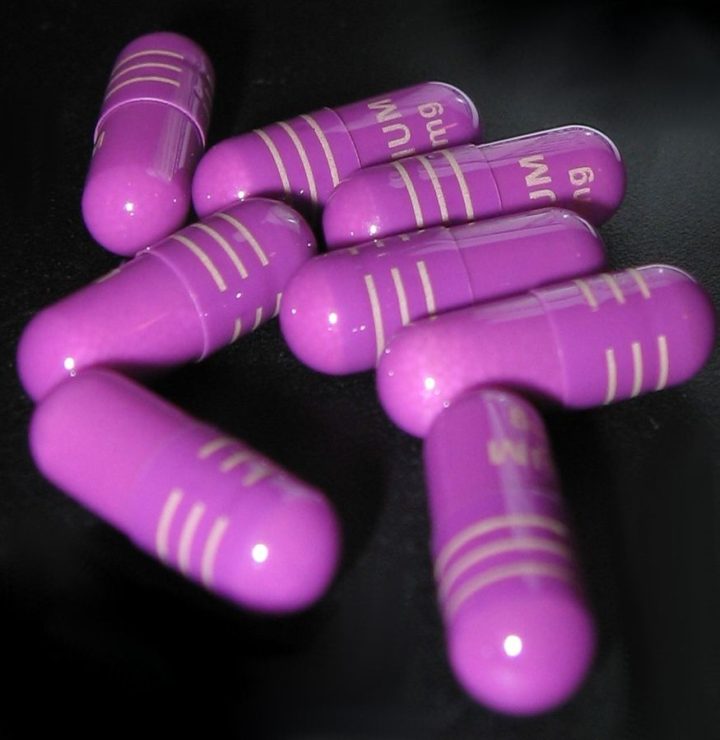Open-source research, which began as open source science and rapidly became a counterculture movement in the software industry in the last two decades, has given birth to well known products such as Linux, a credible alternative to Microsoft’s Windows. The collaborative approach of open source science has been proposed now for Research and development in the Drugs industry as a way to break down barriers and facilitates open discussion. One of the first reports on this novel approach come from Science Daily:
“Open-source drug discovery a success
“In what is being called the first-ever test of open-source drug-discovery, researchers from around the world have successfully identified compounds to pursue in treating and preventing parasite-borne illnesses such as malaria as well as cancer.
“Starting in late 2011, the Medicines for Malaria Venture, based in Geneva, Switzerland, distributed 400 diverse compounds with antimalarial activity free of charge to 200 labs in 30 countries. One-third of the labs reported their results in a paper published in PLOS Pathogens, “Open source drug discovery with the Malaria Box compound collection for neglected diseases and beyond.”
“The results have ignited more a dozen drug-development projects for a variety of diseases.
“The trial was successful not only in identifying compounds to pursue for anti-malarials, but it also identified compounds to treat other parasites and cancer,” said lead author Wesley Van Voorhis. To help lead the project, Van Voorhis took a sabbatical from his roles as a University of Washington professor of medicine (allergy and infectious diseases) and director of the Center for Emerging and Re-emerging Infectious Diseases.”
“Journal Reference: Paul A. Willis et al. Open Source Drug Discovery with the Malaria Box Compound Collection for Neglected Diseases and Beyond. PLOS Pathogens, 2016; 12 (7): e1005763 DOI: 10.1371/journal.ppat.1005763”
The report also says that a couple of Pharmaceuticals have joined this effort, and although the signs are encouraging it is also important to maintain the open source ethos that has made this project so important, given the outrageous costs created by commercial interests in the Drugs industry.






